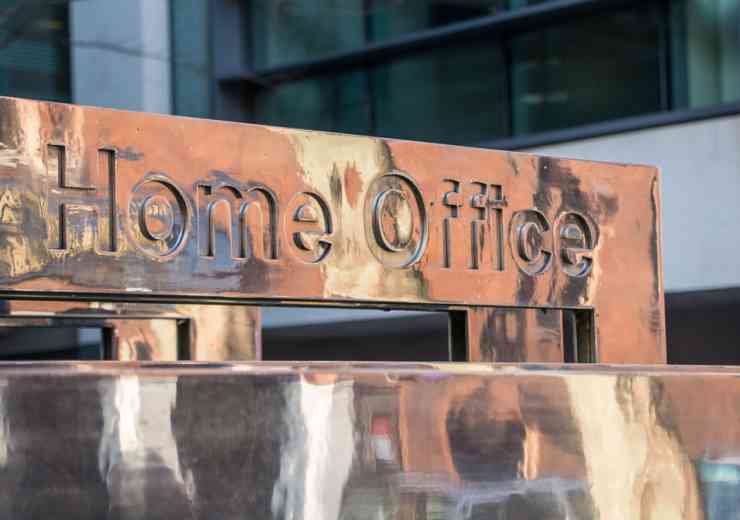Guide to spotting far-right extremism sent to schools
The Hope Not Hate charity has issued guidance to schools about spotting far-right extremism over fears that an increased number of children have been exposed to dangerous ideas during lockdown.
The charity has sent the 57-page safeguarding guide to every school in England and Wales, in time for the planned full return of schools in England on 8 March. The guide seeks to help teachers spot signs of far-right influence, following researchers noticing that those harbouring and promoting extremist views are increasingly younger.
It was reported earlier this month that a teenage leader of a neo-Nazi group was convicted for terrorism offences that began aged 13.
According to Hope Not Hate, social media and smartphones means children are more at risk of being exposed to extremist material than ever before, particularly with more time spent online during the pandemic. However, the terminology that radicalised young people are using may be so alien that parents or teachers do not pick up on it.
Owen Jones, the charity’s director of education and training, said that increased levels of anxiety caused by the pandemic can make young people more vulnerable to being drawn in by far-right graphics and memes deliberately designed to catch their eye. He said that the current safeguarding advice provided to schools under the government’s Prevent strategy was often irrelevant in the face of the threat from the modern far right, as it was largely focused on Islamic extremism or far-right groups such as the BNP or the EDL, which are now largely defunct.
Jones believes that tackling far-right extremism is ‘one of the fundamentals of what government should be doing to keep us safe’, but in the interim hopes that the book will support early and effective interventions.
























